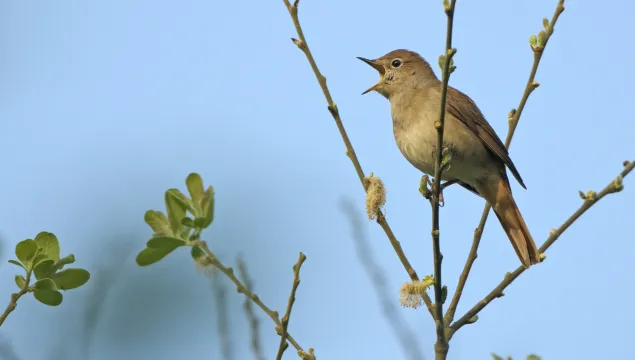
Come Hear Kent's Nightingales
Events in Kent and Medway seek out nature's superstar soloist.

Events in Kent and Medway seek out nature's superstar soloist.
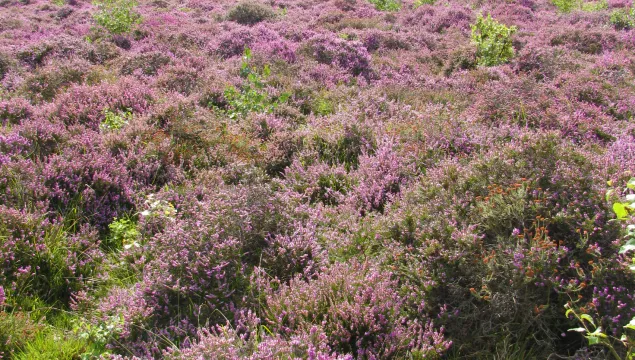
Hothfield Heathlands is a SSSI listed site, owned by Ashford Borough Council and managed by Kent Wildlife Trust. It is the last remaining heathland in Kent, and one of the last remaining acid bogs in the whole of the south east.
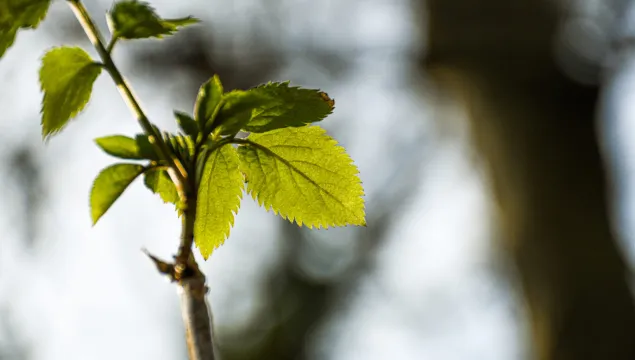
Considerable concern has been expressed on social media and in the press about the association between Mike Bax, the Chairman of Kent Wildlife Trust, and his past role as Master of the Blean Beagles.
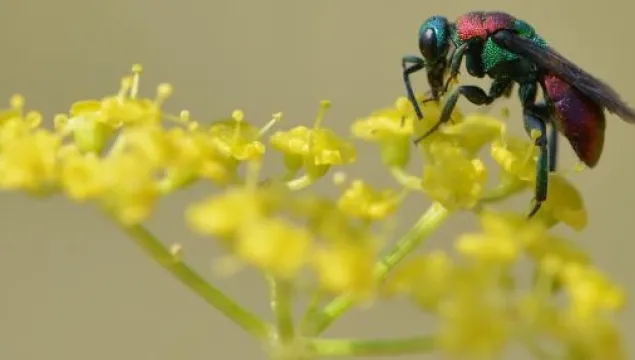
This jewel wasp is a species new to Britain and new to Kent, found on our reserves and most likely enabled by a changing climate – we always think of climate change as bad, but as species are pushed out of their continental range and expand north, they have to find stepping stones of habitat further north or go extinct. We are going to lose species to climate change, but also gain them.

Tiny plastic pellets found on 73% of UK beaches.
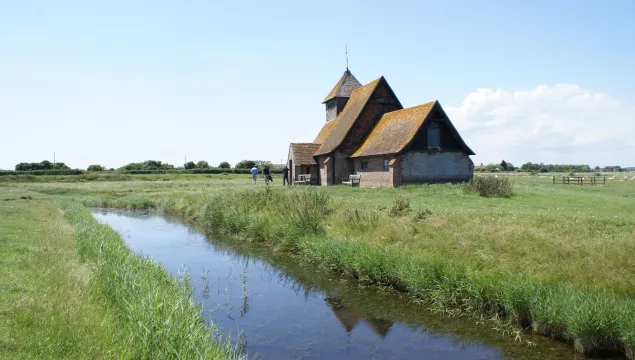
Thanks to National Lottery players, grants totalling more than £3.65m for three projects across Kent will reconnect people with their natural heritage and protect it for future generations.
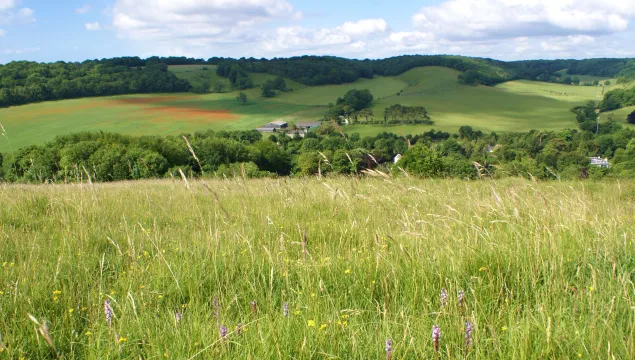
Kent Wildlife Trust is today launching an appeal to raise £78,000 to purchase and manage crucial extensions to its National Nature Reserve at Lydden Temple Ewell near Dover.
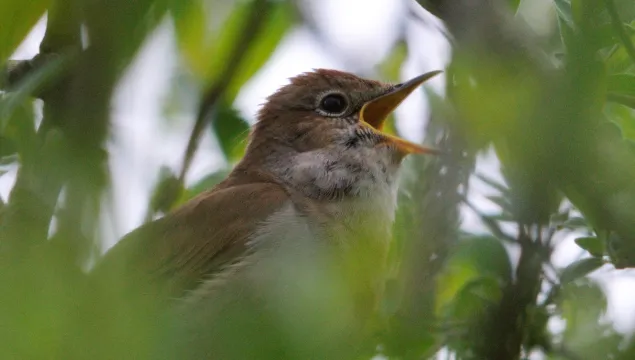
An alliance of national and local conservation groups, including the RSPB and Kent Wildlife Trust, is campaigning to save the best site for nightingales in the UK: Lodge Hill, Medway, from being allocated for new housing developments.
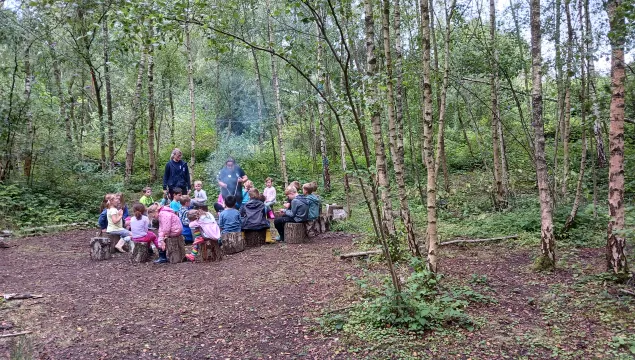
New poll shows children like to be outdoors and enjoy wild places – but children rarely see two wild animals featured in John Lewis Christmas advert.
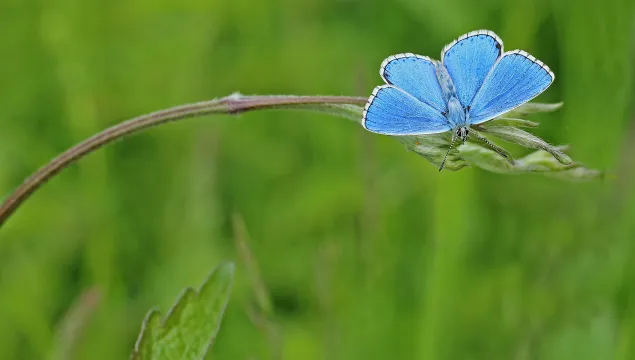
It’s not too late to save UK nature, but we must act now: this is the conclusion from a coalition of more than 50 leading wildlife and research organisations behind the State of Nature 2016 report.
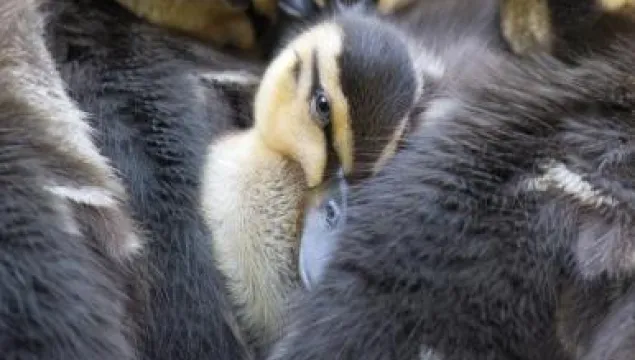
Enter Kent Wildlife Trust’s 9th Wildlife Photography Competition for a chance to win a fantastic 2-night stay for four in a unique holiday cottage on a Sussex nature reserve, courtesy of Mulberry Cottages.
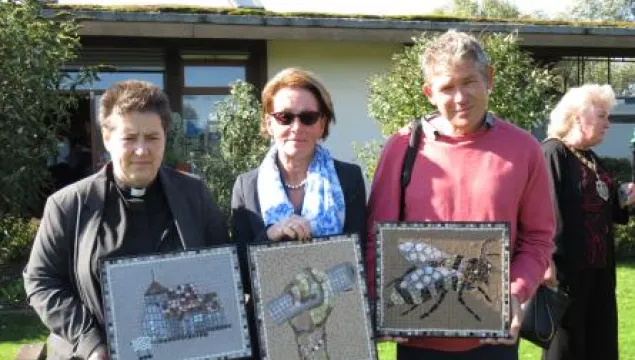
85 years after a plaque was unveiled to Reverend Richard Harris Barnham at a memorial service in the Guildhall, Canterbury, the Fifth Continent Steering Group celebrate the links between the clergyman, Romney Marsh and a new Heritage Lottery Funded project at a Fifth Continent Scheme ‘half-way’ event at Romney Marsh Visitor Centre.